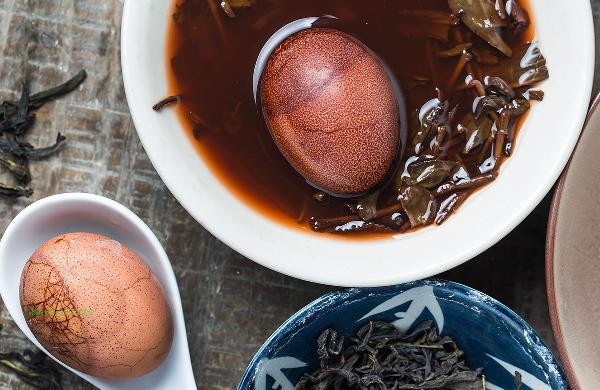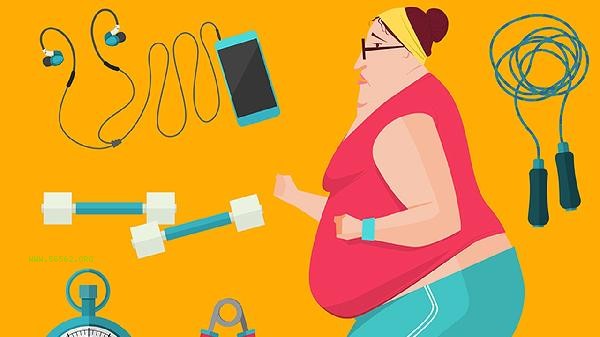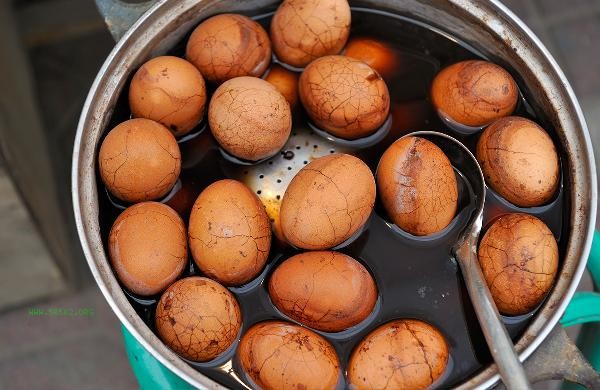Eating Tea egg in moderation during weight loss will not lead to obesity. The calories of Tea egg mainly depend on the size of the eggs and the method of braising. Each 100g of tea eggs contains about 140-160 kcal. They have high protein content and a strong sense of satiety. Rational consumption helps to control the total calorie intake. The key factors that affect weight include daily consumption quantity, overall dietary structure, exercise consumption level, brine sodium content, and individual metabolic differences.

1. Calorie control:
Ordinary Tea egg have a single calorie of about 90 kcal and a protein content of 6-7g. As a high-quality source of protein, it has a high thermal effect and consumes 30% of its own calories through digestion and absorption, making it less likely to cause fat accumulation than carbohydrates with the same calorie content. It is recommended to choose a sugar free brine method and peel off part of the egg yolk, which can further reduce the calorie content of a single egg to around 70 calories.
2. Sodium content should be alert:
The sodium content of Tea egg preserved for a long time may exceed 500 mg/piece, and excessive intake may easily lead to edema weight gain. It is recommended to choose a homemade version that shortens the marinating time, or rinse the surface of the marinade with water before consumption. People with hypertension should not exceed one per day, while ordinary weight loss sufferers are recommended to control within two and distribute them during breakfast and meal times.
3. Matching principle:

Match Tea egg with high fiber foods to slow blood sugar fluctuations, such as a vegetable salad or half root corn. Avoid eating together with refined carbon water, such as porridge and Mantou, or the total calories will easily exceed the standard. The experimental data showed that the combination of Tea egg and whole wheat bread for breakfast reduced the peak blood sugar after meal by 23% compared with bread alone.
4. Alternatives:
For those who strictly control sodium, boiled eggs can be used instead. Under the condition of retaining egg yolks, the heat is similar but the sodium content is only 1/10 of Tea egg. If you pursue flavor, you can use sugar free soy sauce, star anise and other spices to marinate for a short time, which can meet your taste needs and reduce sodium intake by more than 50%.
5. Metabolic difference:
Those with high basal metabolic rate, such as those with large muscle mass, can metabolize more calories in Tea egg, and can appropriately increase the consumption. And insulin resistant individuals need to strictly control their quantity. It is recommended to use lemon water or vinegar to help break down protein and avoid consuming more than 3 egg yolks at once.

During the weight loss period, Tea egg can be used as a source of protein supplement, but it should be noted that no more than 2 times a day and take them in separate periods. Choose the homemade low salt version, pair it with plenty of vegetables and whole grains, and avoid consuming high oil and high salt foods together. It is recommended to engage in aerobic exercise such as brisk walking and swimming at least 3 times a week to increase calorie expenditure, and to monitor changes in body water content through a body fat scale to determine if there is excessive sodium intake. Individuals with thyroid problems or renal dysfunction should adjust their egg intake under the guidance of a nutritionist.




Comments (0)
Leave a Comment
No comments yet
Be the first to share your thoughts!